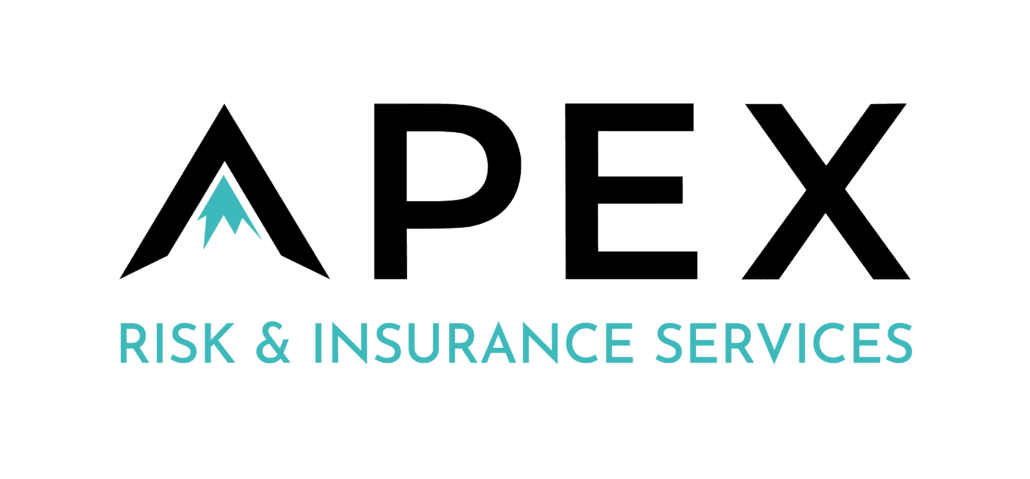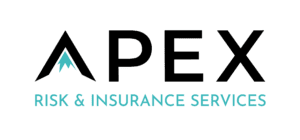Liability Insurance 101: A Comprehensive Overview
Liability insurance provides protection to individuals and businesses against claims of negligence, injury, or damage caused to others. It is designed to cover the costs of legal defense and damages in the event that the insured is found legally responsible for causing harm to someone else.
There are a few different types of liability insurance, including general liability, professional liability, product liability, cyber liability, and employment practices liability insurance. Without liability insurance, one claim or lawsuit can wipe out your whole business.
So, to make sure you’re protected, let’s dive into the world of liability insurance and explore everything you need to know. We’ll cover what it does and doesn’t cover, how much it costs, and where you can find liability insurance in San Diego.
Different Types of Liability Insurance
There are several types of liability insurance, including general liability insurance, professional liability insurance, and product liability insurance. Let’s take a look.
General Liability Insurance
General liability insurance protects businesses against claims of bodily injury, property damage, and personal injury such as libel or slander. Additionally, this insurance can be purchased as a standalone policy or as part of a business owner’s policy (BOP).
Professional Liability Insurance
Professional liability insurance, also known as errors and omissions insurance, protects professionals and their businesses against claims of negligence or failure to perform professional duties. This type of insurance is typically purchased by professionals such as doctors, lawyers, architects, engineers, and consultants.
Product Liability Insurance
Product liability insurance protects businesses that manufacture or distribute products against claims of injury or damage caused by their products. It can be purchased as a standalone policy or as part of a general liability insurance policy.
Cyber Liability Insurance
Cyber liability insurance protects businesses against claims arising from data breaches, cyber-attacks, and other cyber-related incidents.. It can also cover the costs of notifying customers of a data breach, providing credit monitoring services, and restoring data.
Employment Practices Liability Insurance
Employment practices liability insurance protects businesses against claims of wrongful termination, discrimination, harassment, and other employment-related issues.
Why is Liability Insurance Important?
Liability insurance is important for individuals and businesses because it protects them from the financial burden of legal costs and damages that can arise from lawsuits.
Without liability insurance, individuals and businesses could face devastating financial consequences from a single claim or lawsuit. Legal costs associated with defending against a liability claim can quickly add up, and damages awarded to the plaintiff can be significant.
By having liability insurance, individuals and businesses can focus on their core operations and have peace of mind knowing that they are protected in case of an unexpected event.
What Does Liability Insurance Cover?
Liability insurance can provide coverage for a range of risks, depending on the specific policy and type of coverage. Some common types of coverage include:
- Bodily injury: Bodily injury coverage helps pay for medical expenses, lost wages, and other costs associated with injuries to a third party.
- Property damage: Property damage coverage helps pay for repairs or replacement of damaged property.
- Personal injury such as libel or slander: Personal injury coverage helps pay for damages resulting from non-physical harm, such as emotional distress or reputational damage.
In addition to these types of coverage, liability insurance policies may also include other types of coverage depending on the needs of the policyholder.
What Does Liability Insurance Not Cover?
While liability insurance can provide coverage for many types of risks, there are also some situations and damages that are typically excluded from coverage. Here are a few examples of what liability insurance may not cover:
Intentional Acts: Liability insurance typically does not cover damages resulting from intentional acts, such as assault or battery.
Property Damage or Injuries to the Insured: Liability insurance is designed to cover damages to third parties. It generally does not provide coverage for damages to the insured person or their property.
Contractual Obligations: Liability insurance does not cover damages resulting from breach of contract or failure to fulfill a contractual obligation.
Environmental Damage: Liability insurance may not cover damages resulting from pollution or environmental damage, which may require a separate type of coverage.
Cost of Liability Insurance
The cost of liability insurance varies depending on the type of coverage needed, the level of risk involved, history of past claims, and the location and size of the business.
When selecting liability insurance, you need to carefully consider the coverage limits and exclusions of the policy. It is also recommended to work with an experienced insurance agent who can help identify risks and tailor an insurance policy to meet your business’s needs.
Where Can I Find Liability Insurance in San Diego?
Apex was founded to fill the service and consultative gap left by agency consolidations in the insurance marketplace. These consolidations have left customers who are used to a boutique service approach with no personal connection to their team.
Apex brings the high-touch service proposition back to San Diego businesses and beyond.
At Apex Risk & Insurance Services, we use the Apex Proven Process to learn about your business, strategize to assemble the right program for you, and use our deep industry and market knowledge to leverage the best pricing and coverage.
This leaves small business owners with more time to do what they do best: Run their business knowing that their company and employees are protected.
Check out our commercial insurance policies, then, read on to learn what makes us different.










